A few days ago, during the State visit to Vietnam of French President Emmanuel Macron, Vietjet Air signed an agreement with Airbus International to purchase 20 A330-900 wide-body aircraft, serving its development plan in the next decade.
New airlines, expanded fleet
With this contract, Vietjet increases its total orders for the A330neo family to 40. In addition, the airline currently has orders for 96 single-aisle A320neo aircraft. Vietjet's current fleet consists of 115 Airbus aircraft, including 108 A320s and 7 A330-300s.
According to Vietjet, the new order will support its plans to expand international routes, increase frequencies on high-demand routes in the Asia- Pacific region and expand to long-haul routes to Europe in the future.
Another notable development is that the Prime Minister has officially approved the investment policy of Sun PhuQuoc Airways (SPA) ofSun Group. SPA is expected to have a fleet of 31 aircraft by 2030, with a total investment capital of about VND2,500 billion (equivalent to USD98.81 million). The airline is expected to operate its first flight in the fourth quarter of 2025, connecting Phu Quoc with economic and tourism centers at home and abroad.
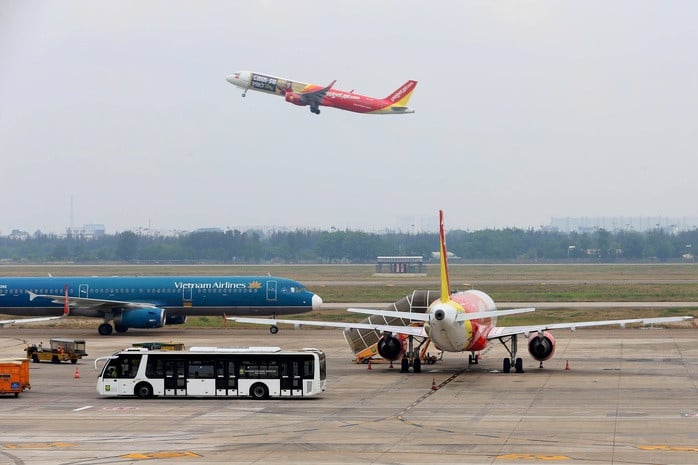
According to Sun Group, the approval of the investment policy is an important milestone not only for the airline but also for the development of Phu Quoc tourism in particular and the Vietnamese aviation industry in general. SPA hopes to become a new bridge, bringing Phu Quoc closer to domestic and foreign tourists.
Meanwhile, Vietnam Airlines has approved a plan to purchase 50 narrow-body aircraft by 2032. The airline said it will focus on investing in this aircraft model to improve operational efficiency and meet increasing transportation demand. "The corporation is also opening and restoring 15 key international routes to markets such as Italy, Russia, Denmark, China, Japan and the UAE. These steps will help Vietnam Airlines expand its market share and improve its international competitiveness," said a representative of Vietnam Airlines.
Restructuring airlines such as Bamboo Airways are also expected to receive new aircraft from early June to serve the increased travel demand in the summer of 2025.
Or Vietravel Airlines also had many movements after Mr. Do Vinh Quang, Vice President of T&T Group, became Chairman of the Board of Directors at the Extraordinary General Meeting of Shareholders in April 2025. Previously, in December 2024, the airline received a strategic investor from T&T Group after Vietravel Group transferred shares.
At this congress, major shareholder T&T Group announced a new development orientation in the aviation sector, with the goal of building a complete aviation ecosystem according to the group model. In addition to passenger transport, T&T Group also plans to expand into air cargo transport and build a regional aviation logistics center.
New development path
Dr. Bui Doan Ne, Vice President of the Vietnam Aviation Business Association (VABA), quoted from IATA as saying that 2025 will mark the return of growth in the global aviation market. The Asia-Pacific region is forecast to have the strongest growth rate, about 9.1%. Vietnam is considered the 5th fastest growing market, expected to reach 150 million passengers by 2035. "This year, domestic aviation has grown again, surpassing the 2019 mark. In particular, the restoration and opening of many international routes helps improve competitiveness. Rapidly investing in airport infrastructure and adding fleets is a suitable step to anticipate market demand," said Dr. Bui Doan Ne.
From the passenger's perspective, the expansion of the fleet and the market welcoming new airlines such as SPA can help cool down airfares. Currently, the domestic aviation market has up to 6 airlines operating regular flights, including: Vietnam Airlines, Vietjet Air, Bamboo Airways, Pacific Airlines, Vasco and Vietravel Airlines. Dr. Chu Thanh Tuan, Deputy Head of the Bachelor of Business Department, RMIT University Vietnam, believes that in theory, the entry of new businesses in an oligopolistic market such as aviation will increase competition, which can lead to price reductions or improvements in service quality. However, domestic and international reality shows that this impact is not always clear and sustainable.
In Vietnam, there have been many licensed private airlines such as Indochina Airlines or Air Mekong, but most of them have withdrawn due to prolonged losses and difficulty competing with the "big guys". "The reasons are high operating costs, low profit margins, and dependence on the state-managed aviation infrastructure - which is already overloaded. Having more private airlines is necessary, but for sustainable development, there needs to be a clear strategy and support policies such as tax incentives, access to flight slots, or reduced service fees in the early stages" - Dr. Tuan commented.
Source: https://baoquangninh.vn/hang-khong-soi-dong-gia-ve-co-giam-3360357.html


![[Photo] Prime Minister Pham Minh Chinh attends the event "Digital transformation of the banking industry by 2025"](https://vphoto.vietnam.vn/thumb/1200x675/vietnam/resource/IMAGE/2025/5/29/0e34cc7261d74e26b7f87cadff763eae)

![[Photo] A delegation of 100 journalists from the Vietnam Journalists Association visits the soldiers and people of Truong Sa island district.](https://vphoto.vietnam.vn/thumb/1200x675/vietnam/resource/IMAGE/2025/5/30/0984a986227d4e988177f560d2e1563e)





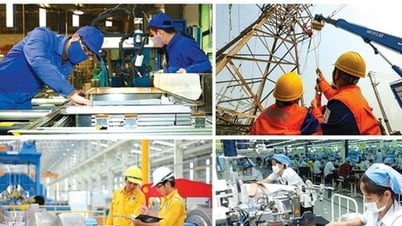

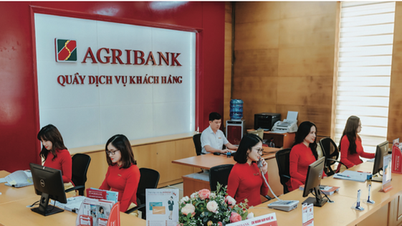


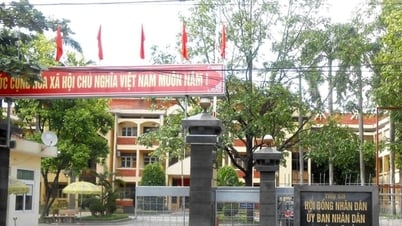








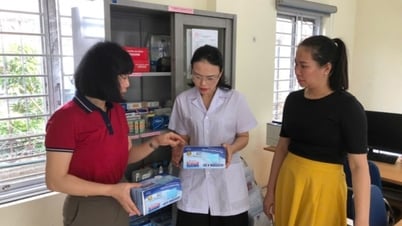
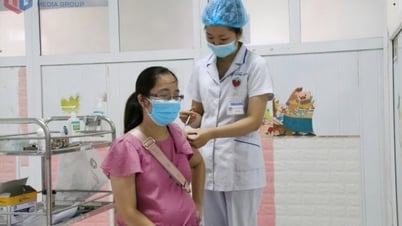









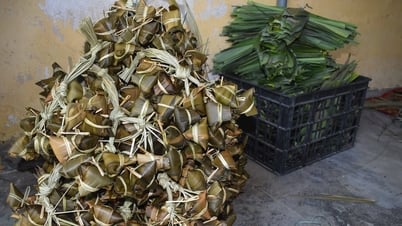











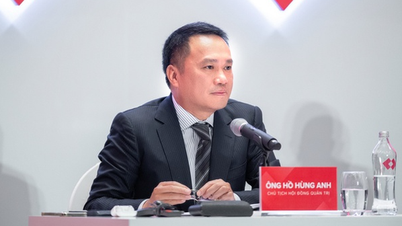







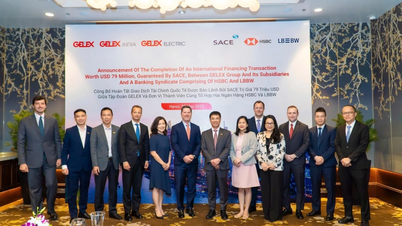



























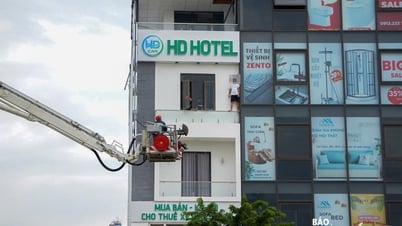




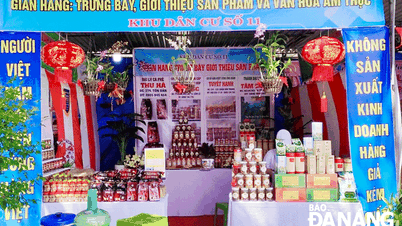



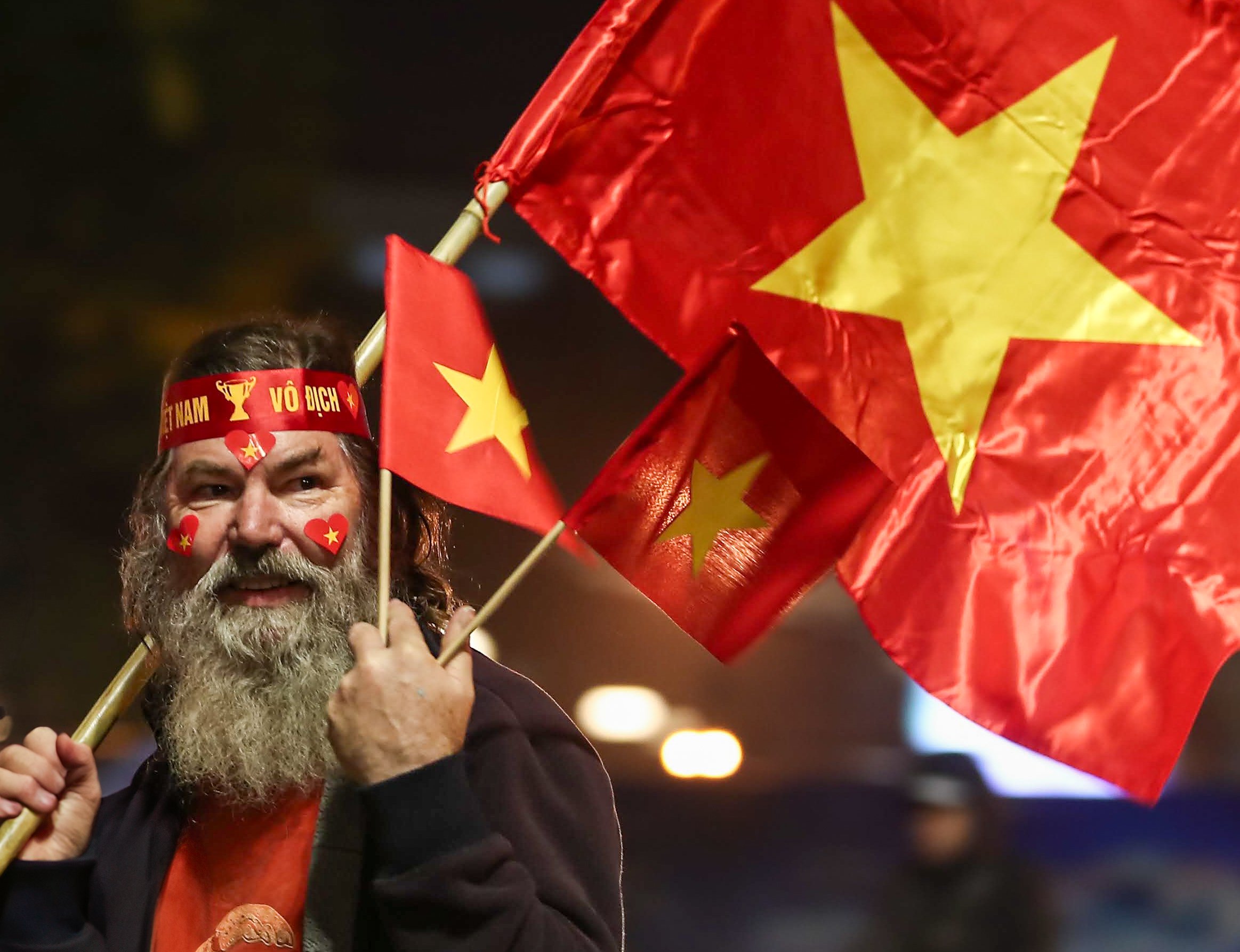



Comment (0)